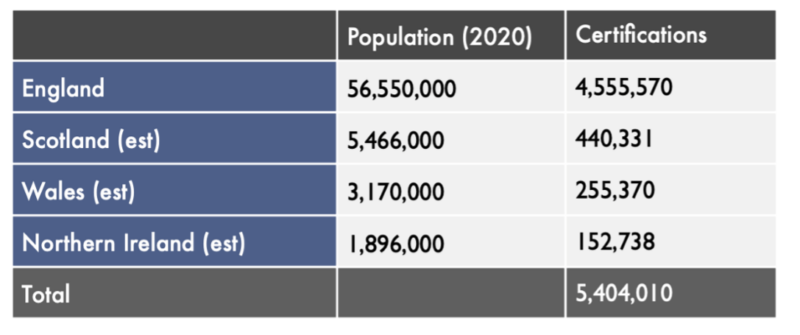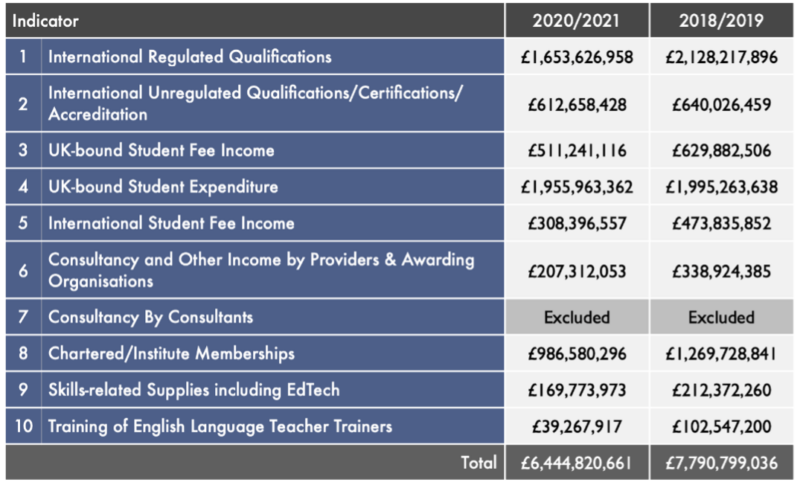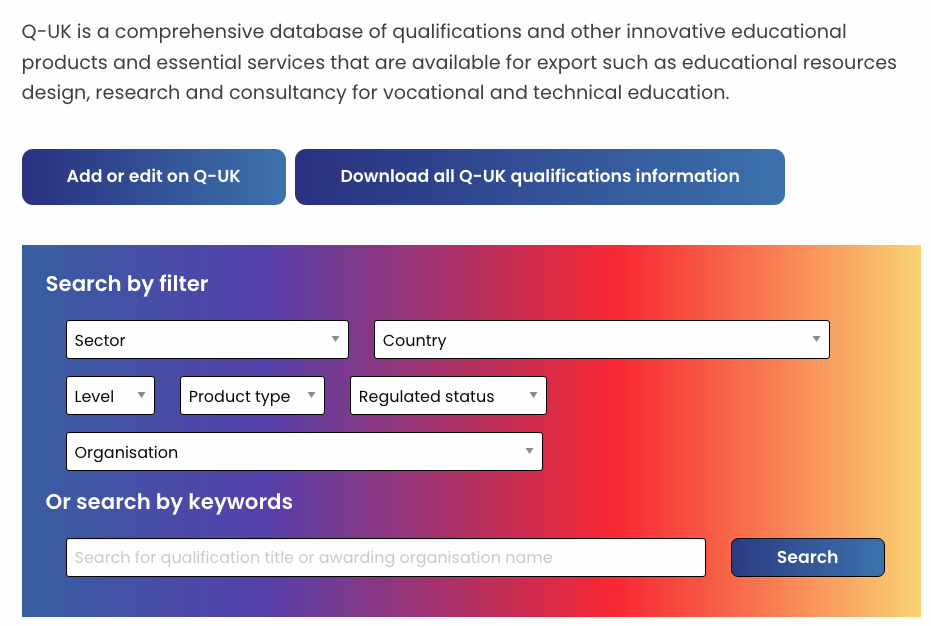Supporting International Growth : Maximising the value of UK education exports.
Lizzie Gaunlett, Senior Policy Officer and International Lead at the Federation of Awarding Bodies.
The Federation of Awarding Bodies (FAB) estimate that around 90 regulated Awarding Organisations (AOs) are currently active in overseas markets. Set against the complex and uncertain context of UK reforms, international education export presents a wealth of opportunities for these organisations and the UK.
The scale of the work undertaken by AOs overseas is difficult to accurately measure. Since 2019, Ofqual has made it a mandatory requirement for the regulated community in England to report international certifications. The Ofqual Annual Qualifications Market Report (AQMR) reported that a total 6.7 million certificates were awarded for 2,600 different regulated qualifications to students outside the UK over the 2021 to 2022 academic year, up by 17% compared to the previous year.
Supporting International Growth: By 2030, the UK government is committed to raising overall education sector exports (which include foreign student enrolments) to £35 billion per annum [IES 2023 update]. The latest figures available for all education related exports suggests the UK trades around £25.2 billion per annum in overseas markets. The contribution of Awarding Organisation’s to this figure can be estimated to be about 8 per cent. From 2020 onwards, to meet the £35 billion ambition by 2030, an average annual increase in export revenue of around 3% per year is needed.
There are currently myriad ways to find out what qualifications are available internationally. If overseas customers know the name of the awarding organisation(s) they want to work with they can go direct to their website(s); or they can google the subject of the qualification they are interested in. They can also freely access the databases of qualifications kept by the home nation’s regulators, like Ofqual and SQA; and funding registers kept by public bodies like the Education and Skills Funding Agency (ESFA).
The main problem with all these databases is that they are only partial registers set up with specific purposes in mind. And none of these current data access points are in existence to specifically promote Awarding Organisation’s international Vocational Training Qualification exports.
For this reason, the Federation of Awarding Bodies are currently working alongside the Department for Business and Trade to develop Q-UK, a UK Vocational Qualifications Exports Register targeting overseas customers include officials working for national or local governments; training institutions; qualifications authorities and regulators; private/ public businesses or individuals. Multilateral institutions like the International Labour Organisation [ILO] or the World Bank will also have an interest in accessing a single source of approved UK vocational qualifications for international use.
“This is an excellent initiative that will support international growth by helping awarding organisations to extend their overseas technical and vocational market presence and enable international organisations, governments, industry and providers to easily access UK vocational qualifications. Q-UK aligns with the ambitions of the UK Skills Partnership to position the UK as a global leader in world-class technical vocational education and training and enable sustainable growth in TVET capability and capacity overseas. Check out some of our case studies to see UK qualifications in action in an international setting.”
Jane Rexworthy, Chair of the UK Skills Partnership




